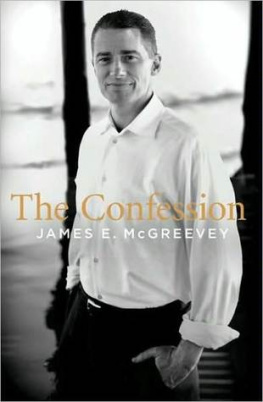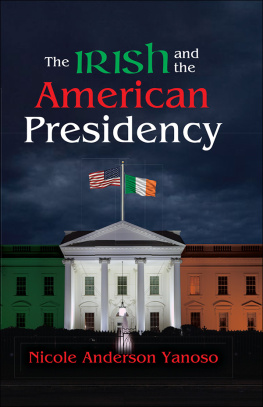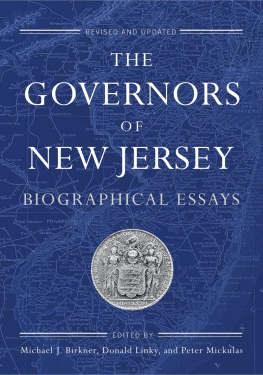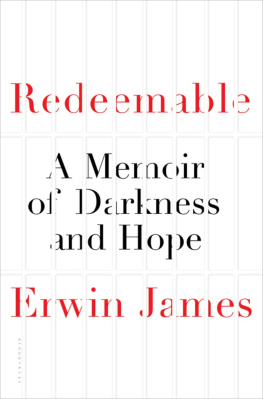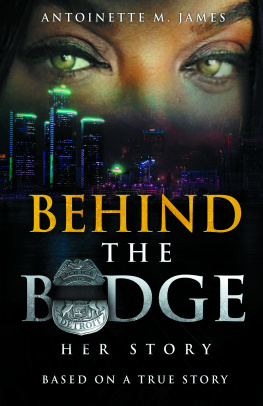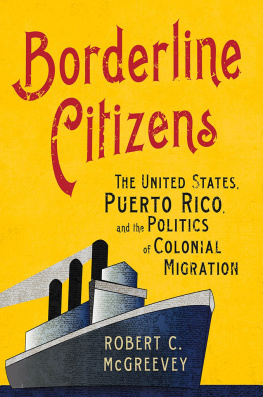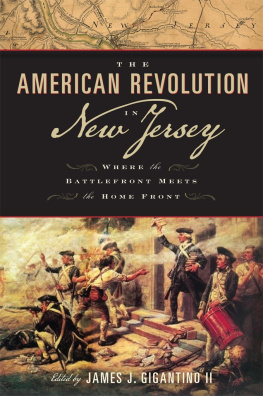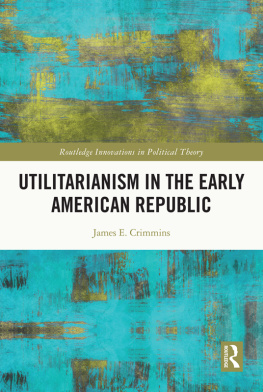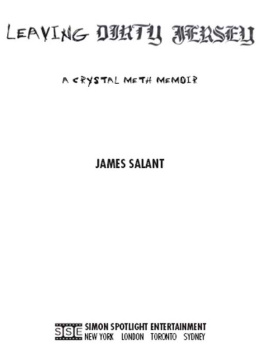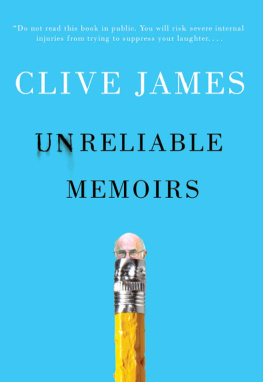ONE LATE-SUMMER SUNDAY NIGHT IN 2002, WELL BEFORE MY political career collapsed, I was helping my wife, Dina, tuck our daughter into bed. Well, not helping, exactly. Even as I stood in the bedroom doorway watching my family, my ear was glued to a cell phone. Through the phone came the voice of a former employee named Golan Cipel. In a spectacular lapse of judgment, I had put Golan on my payroll while at the same time initiating a secret sexual relationship with him.
A few weeks earlier, both arrangements had ended badly, after press questions about his qualifications reached critical mass. Golan still hadnt recovered, and he had taken to calling me day and night to ask for his job back. I listened to him tirelesslyin part because I wanted to help him if I could, but mostly because I still loved him. But there was no way I could do what he wanted.
I loved Golan Cipel, a handsome and bright man a few years my junior, and I wanted him to be happy. But I was a married man, a father, and the governor of New Jersey. There was no chance he could rejoin my administration.
I had no reason to believe that Dina suspected my affair with Golan, or even the fact that I was gay. She probably already knew I didnt love her anymore, not in the way a man loves his wife. It had been a long time since wed last been intimate. Lately, what drove us forward had been little more than the momentum of a public life.
Maybe unconsciously I wanted to bring it all to a head that night. How else can I explain why I answered Golans phone call in her presence? The longer I stood in that doorway watching my wife and daughter and listening to my former lover on the phone, the closer my world came to imploding. Nothing I told him mollified his pain, which I believe had more to do with his stalled career in government than with our failed affair. He missed me, I felt sure, mostly because he missed having access to power.
My life is over, he was saying. The bad press, he claimed, had ruined his reputation. Nobody is supporting me out here.
Well get through this, Golan, I assured him. This is the big leagues. Youre going to get knocks.
Dina had a rule about not interrupting our daughters time with work calls, and as I struggled to get off the phone, I watched her growing increasingly angry. But then I saw a light bulb flick on in her eyes. She tucked Jacqueline into her covers and pushed past me in a rage, just as I was hanging up.
After we were safely out of Jacquelines earshot, she turned and glared at me.
This whole thing is ridiculous, she said.
I knew exactly what she meant. What thing? I asked anyway.
She walked back toward me, in the darkened hallway, until we were close enough for her to study my face. Are you gay?
All my life I had dreaded that question. Others had asked it, and I cant think of a time when I lied affirmatively about my sexuality, but I lied every day by omission and obfuscation. And I allowed others to lie for me. My marriage to Dina was a major part of that lie; that much I knew consciously. As our years together ticked by, I found it harder and harder to deny the truth. Being gay is a fundamental part of my beingthe core of who Ive always been, and the thing I had repressed and run from all my life.
For a brief moment I thought I could stop running that day. But I didnt have the nerve to tell my wife the truth. Instead I said nothing.
IVE NEVER BEEN MUCH FOR SELF-REVELATION. IN TWO DECADES of public life, I have always approached the limelight with extreme caution. Not that I kept my personal life off-limits; rather, the personal life I put on display was a blend of fact and fiction. Dishonesty creates not only a lack of truth but a tangle of truths. I invented overlapping narratives about who I was, and contrived backstories that played better not just in the ballot box but in my own mind. And then, to the best of my ability, I tried to be the man in those stories.
In this way Im not at all unique. Inauthenticity is endemic in American politics today. Those who would be leaders are all too often tempted to become what we think you want us to benot leading at all, but following our best guess at public opinion. We tailor our public positions to reflect poll results and consultants advice, then feed that data back to you in flattering ways. Everything from the clothing we wear to the places we vacation is selected data for political gain; even the food we eat is chosen with strategic calculation. The public square has never been so clamorous with deception.
This is, in fact, the defining characteristic of American political life today, and it is a dangerous slippery slope. For too many politicians winning has become the end goal of politics, trumping both ideology and ethics. An ambitious politician quickly learns, as I did, to countenance and even sponsor fundamentally corrupt behavior while insulating himself, for as long as he can, behind a buffer of deniability. Im not talking about criminal misconductthe kind of thing that leads to the occasional political corruption scandal. Im talking about the hundreds of ways that politiciansor their representativescan push the envelope on ethics, morals, and truth in our quest for power. In my experience, ethical compromises are not just a shortcut to office; for all but the wealthy, they are all but compulsory. The political backrooms where I spent much of my career were just as benighted as my personal life, equally crowded with shadowy strangers and compromises, truths I hoped to deny. I lived not in one closet but in many.
Even this is not uncommon. In the months since I resigned my office and my public trust, I have learned how the pressures of society seem to force so many of us into deep denial and disintegrated lives. Many people have confided in me about their own struggles for authenticity, whether in their jobs, their marriages, or their spiritual lives. Like me, they felt their sense of self fracture beneath the pressures of social conformity, feeling helpless to reverse their course even as they longed for the courage to do so. At times, Ive wondered if were a nation of individuals careening down the wrong highway.
The true story of my lifewhat the composer Ned Rorem called the cinema of myselfhad no connection with the script I polished for public consumption. And it was a cinema with no audience but one. It seems ridiculous to me now, but in all those years I never once spoke the word gay about myself. Not in a heart-to-heart with a friend, not in a therapy session, not even in a sexual liaison, of which there were plenty. Not even to Golan. Even in private, we never gave words to our love affair; we called it this, or simply us. I once told him, standing in the governors mansion, I would leave all this for you. But neither of us ever used the word gay.
Oh, I knew it was my word, my reality. I have been certain almost all my life that God made me different, and at least since the age of thirteen I have been coping with this circumstance by not coping with itby adopting artifices, changing myself rather than the world that would not embrace me. I chose the cowards route, courting girlfriends as a teenager and an adult, carrying on misguided romances for theatrical effect, marrying two women who deserved better. And in my private moments I mined every book I could find on homosexuality, not for affirmation but for tricks to use in curbing my desires. In other words, I managed my homosexuality. Or thought I did.

